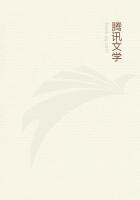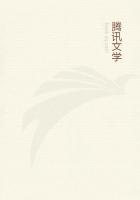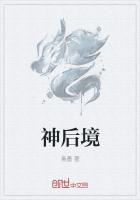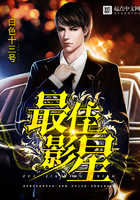The first and most important point in match play is to know how to lose.Lose cheerfully, generously, and like a sportsman.This is the first great law of tennis, and the second is like unto it--to win modestly, cheerfully, generously, and like a sportsman.
The object of match play is to win, but no credit goes to a man who does not win fairly and squarely.A victory is a defeat if it is other than fair.Yet again I say to win is the object, and to do so, one should play to the last ounce of his strength, the last gasp of his breath, and the last scrap of his nerve.If you do so and lose, the better man won.If you do not, you have robbed your opponent of his right of beating your best.Be fair to both him and yourself.
"The Play's the thing," and in match play a good defeat is far more creditable than a hollow victory.Play tennis for the game's sake.Play it for the men you meet, the friends you make, and the pleasure you may give to the public by the hard- working yet sporting game that is owed them by their presence at the match.
Many tennis players feel they owe the public nothing, and are granting a favour by playing.It is my belief that when the public so honours a player that they attend matches, that player is in duty bound to give of his best, freely, willingly, and cheerfully, for only by so doing can he repay the honour paid him.The tennis star of to-day owes his public as much as the actor owes the audience, and only by meeting his obligations can tennis be retained in public favour.The players get their reward in the personal popularity they gain by their conscientious work.
There is another factor that is even stronger than this, that will always produce fine tennis in championship events.It is the competitive spirit that is the breath of life to every true sportsman: the desire to prove to himself he can beat the best of the other man; the real regret that comes when he wins, and feels the loser was not at his best.It is that which has made popular idols of Anthony F.Wilding, M.E.M'Loughlin, and other famousplayers.It is the great attraction of J.C.Parke, A.R.F.Kingscote, W.M.Johnston, Andre Gobert, W.Laurentz, and many other stars.It is the sign of a true sportsman.
The keen competitive spirit that stimulates a match player also increases the nervous strain.This should be recognized by tournament committees, and the conditions of play should be as nearly standardized as weather permits.
A tournament committee should never keep a player waiting for an important match to commence while they scour through the crowd for linesmen.These necessary, and I trust useful, accessories to every match of importance should be picked and on hand when the players appear.A good linesman is a great aid to match tennis.A poor one may ruin a great battle.Not only will bad decisions turn the tide by putting a point in the wrong columns, but slow decisions will often upset players, so they dare not play to the line kept by slumberous linesmen.
A linesman should take his first judgment as the ball strikes.If outside he should call "out" at once clearly, decisively, but not too loudly; a yell is often a shock to the nerves.If the ball is good he should remain discreetly silent.
The umpire should announce the score after each point in a voice sufficiently loud to be heard by the entire gallery.His decisions as to "lets" or balls "not up" should be made only loud enough to ensure that they are heard by the players.The gallery has eyes.Following each game, the game score should be called, giving the leading player's name and the set being played.For example, "Four games to three, Parke leads.Second set." About every third game following the completion of the first set, an announcement as to the winner of the first set is an excellent idea.The umpire could add to the above announcement, "First set, Parke, 6-3." This latter announcement is unnecessary when there is a score board that gives full details of the match.
Tournament committees should see that all courts have sufficient room behind the baseline and at the sides to insure a player against running into the stops.
Galleries should strive to retain their appreciation and enthusiasm untila point is completed, since noise is very disconcerting to a player.However, all players enjoy an enthusiastic gallery.
The players themselves must now be considered in relation to the reaction of the match.
The first thing to fix firmly in your mind in playing a match, is never to allow your opponent to play a shot he likes if it is possible to force him to make one he does not.Study your opponent both on and off the court.Look for a weakness, and, once finding it, pound it without mercy.Remember that you do not decide your mode of attack.It is decided for you by the weakness of your opponent.If he dislikes to meet a netman, go to the net.If he wants you at the net, stay back and force him to come in.If he attacks viciously, meet his attack with an equally strong offensive.
Remember that the strongest defence is to attack, for if the other man is occupied in meeting your attack, he will have less time to formulate his own system.
If you are playing a very steady man, do not strive to beat him at his own game.He is better at it than you in many cases, so go in and hit to win.On the other hand, if you find that your opponent is wild and prone to miss, play safe and reap the full crop of his errors.It saves you trouble and takes his confidence.
ABOVE ALL, NEVER CHANGE A WINNING GAME.
ALWAYS CHANGE A LOSING GAME, since, as you are getting beaten that way, you are no worse off and may be better with a new style.


